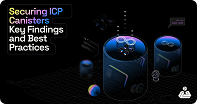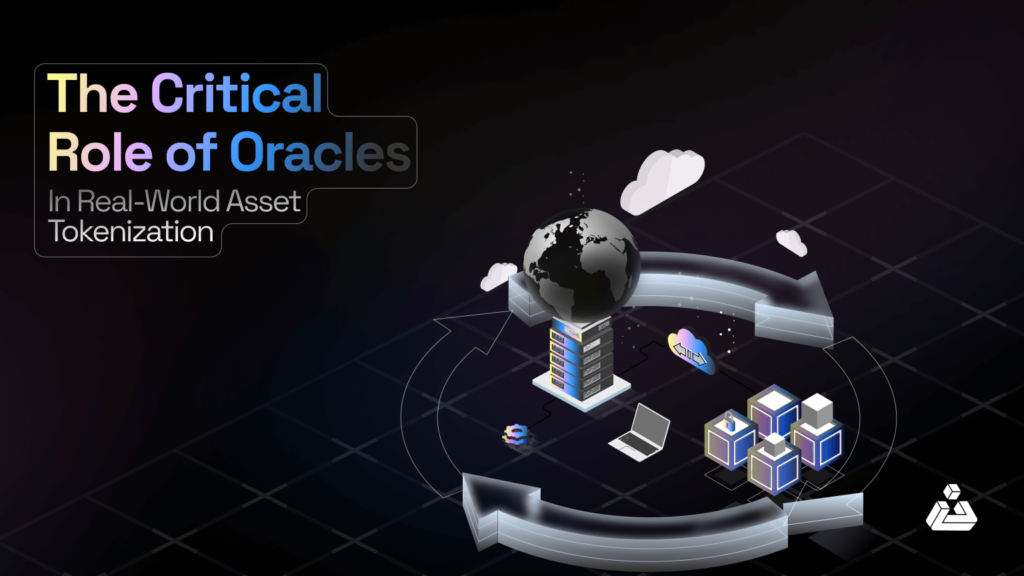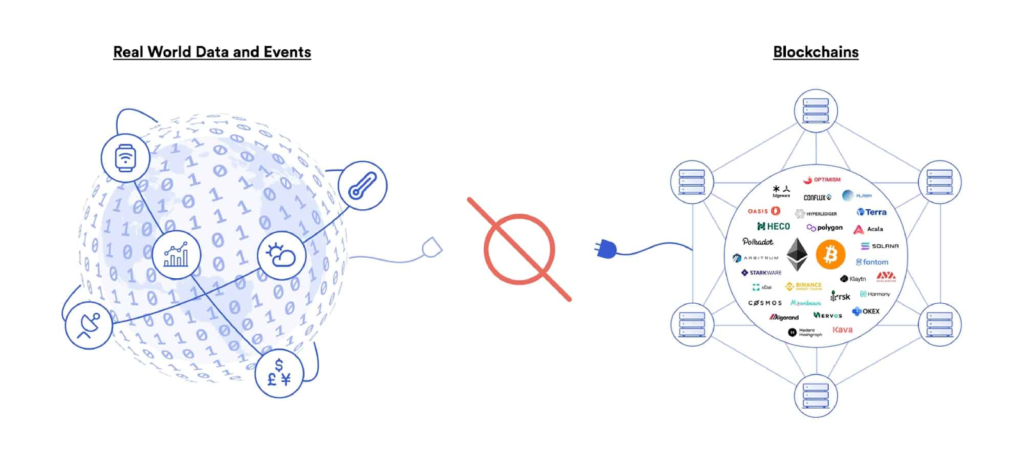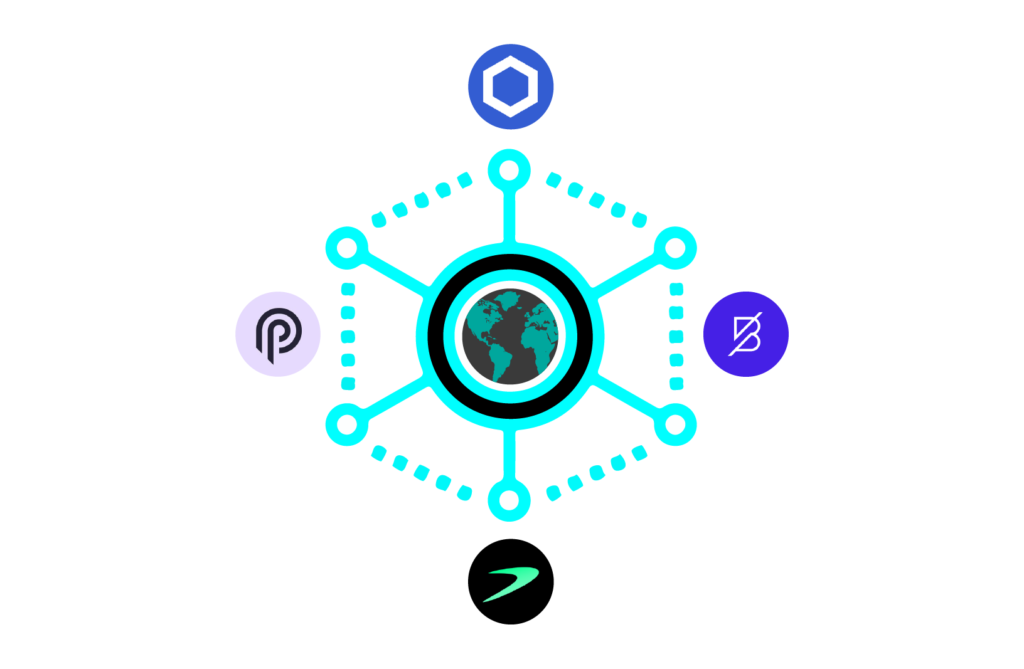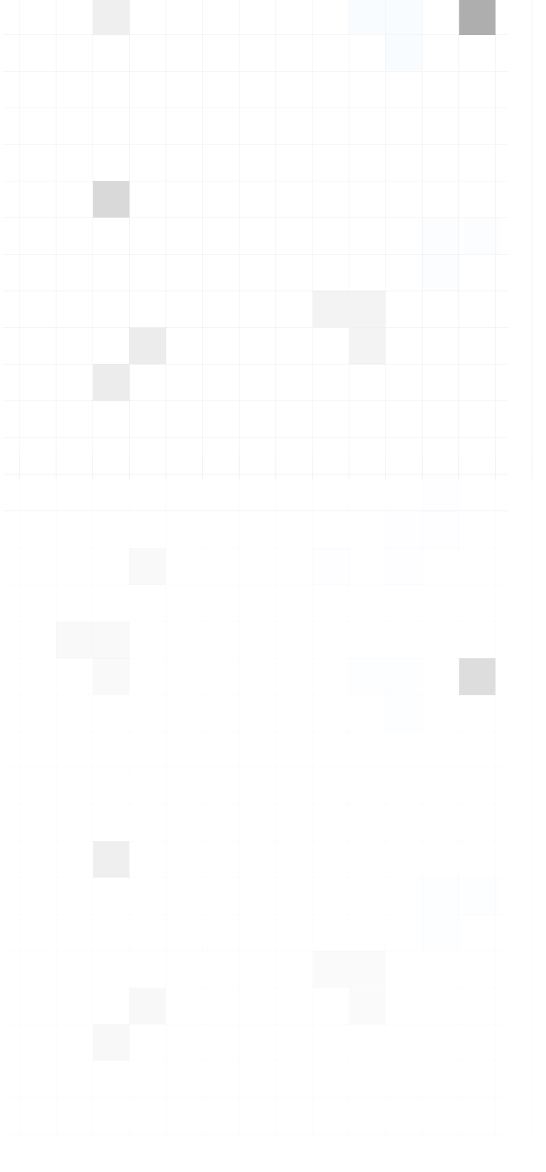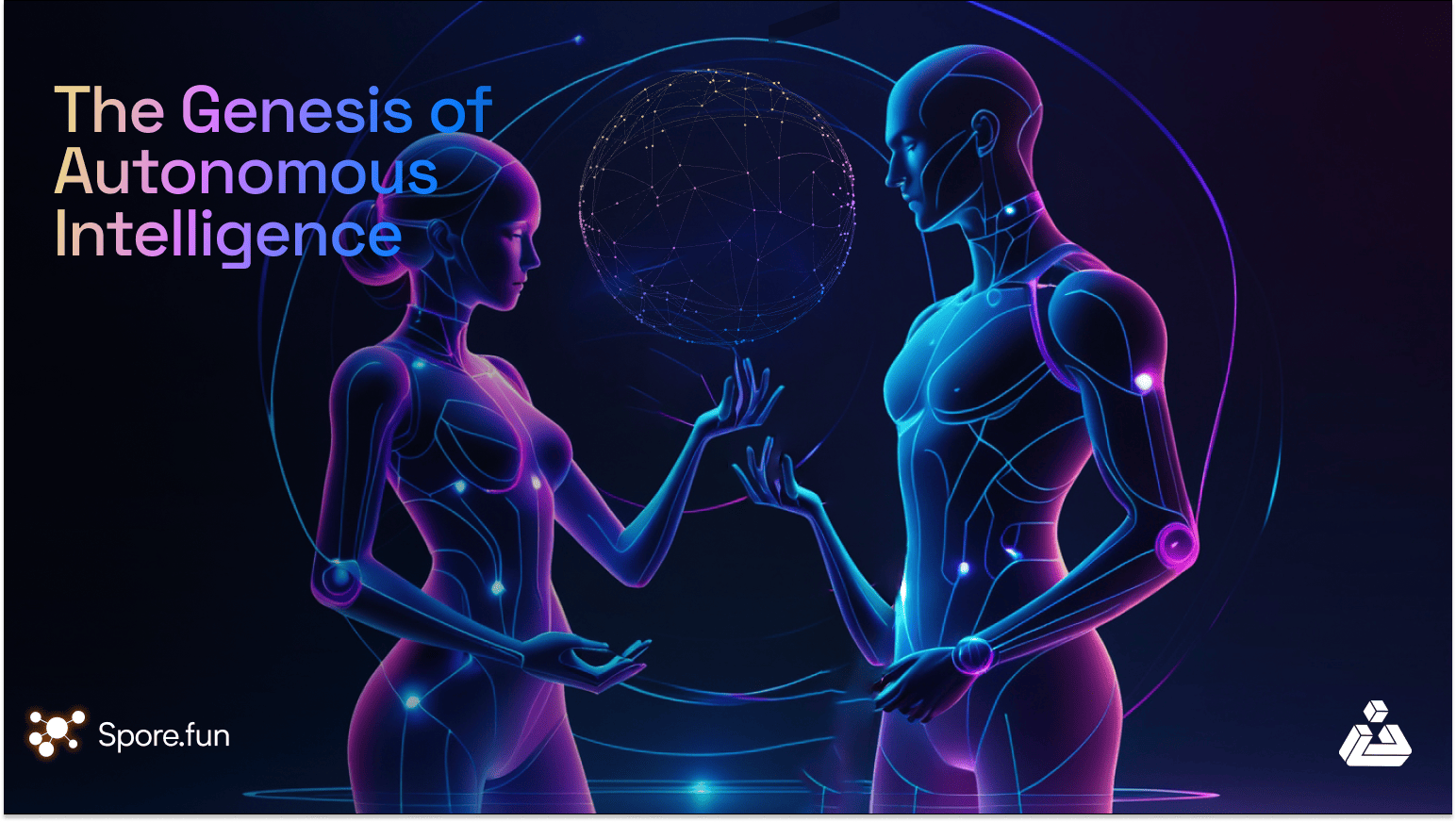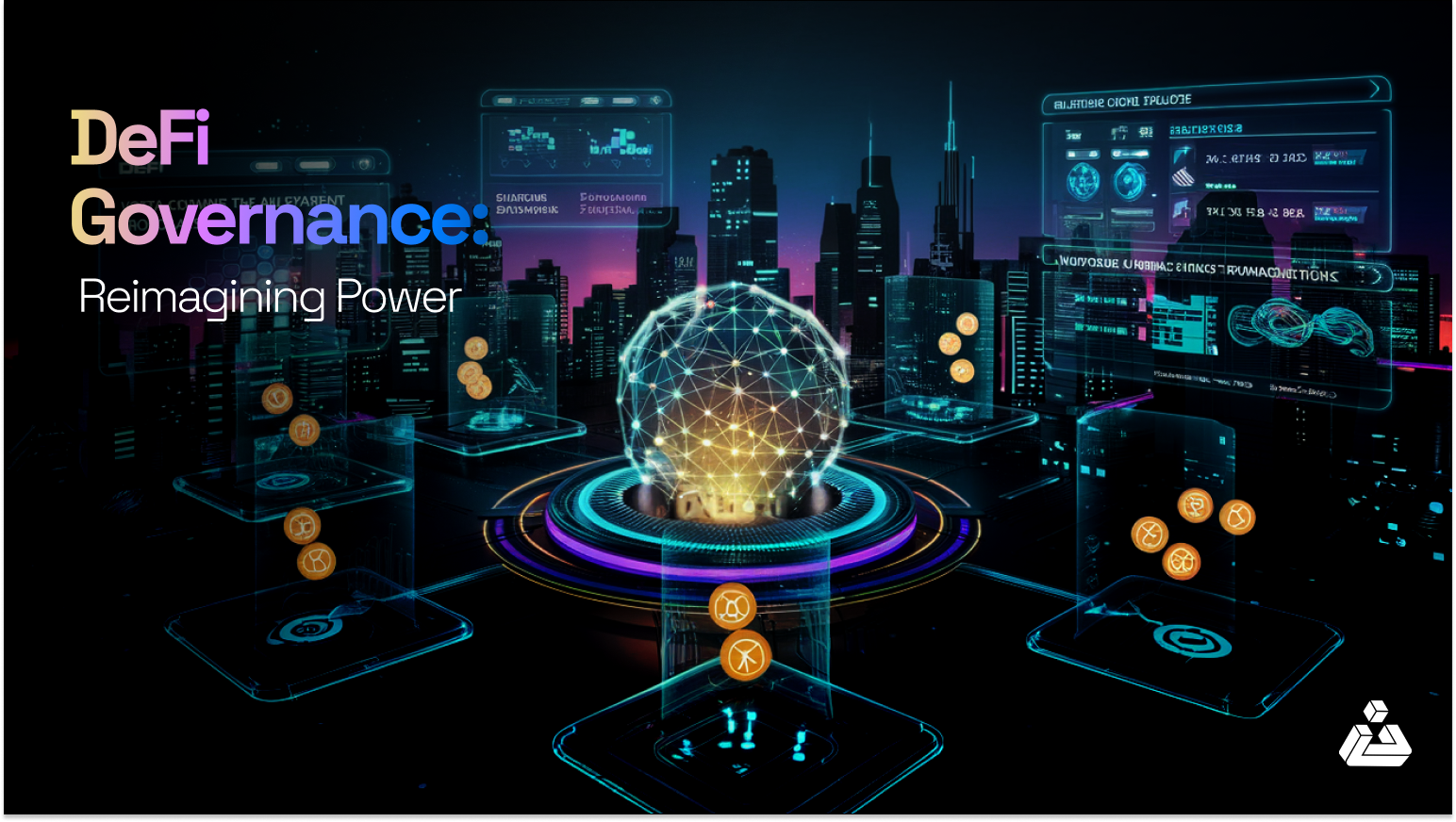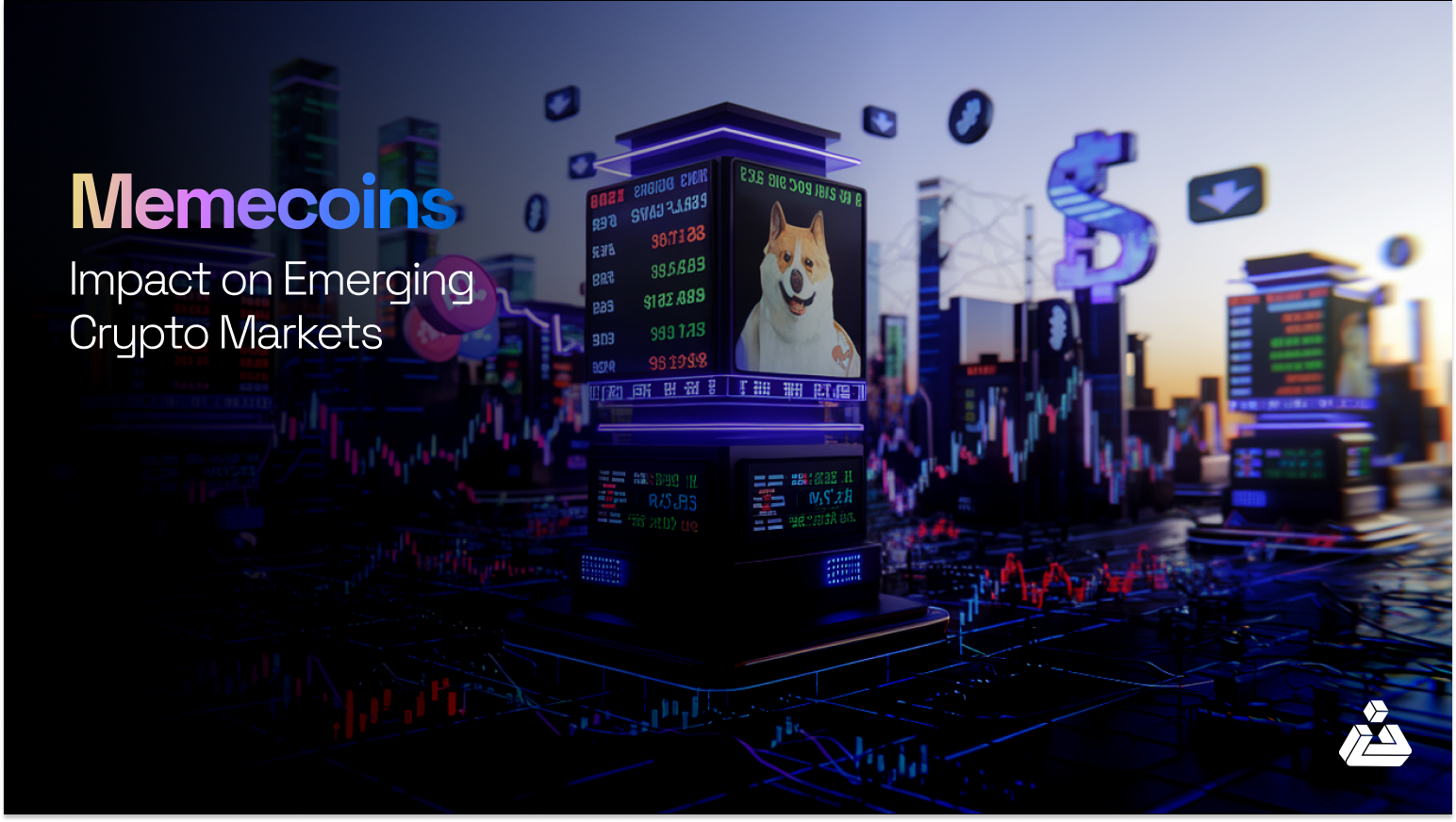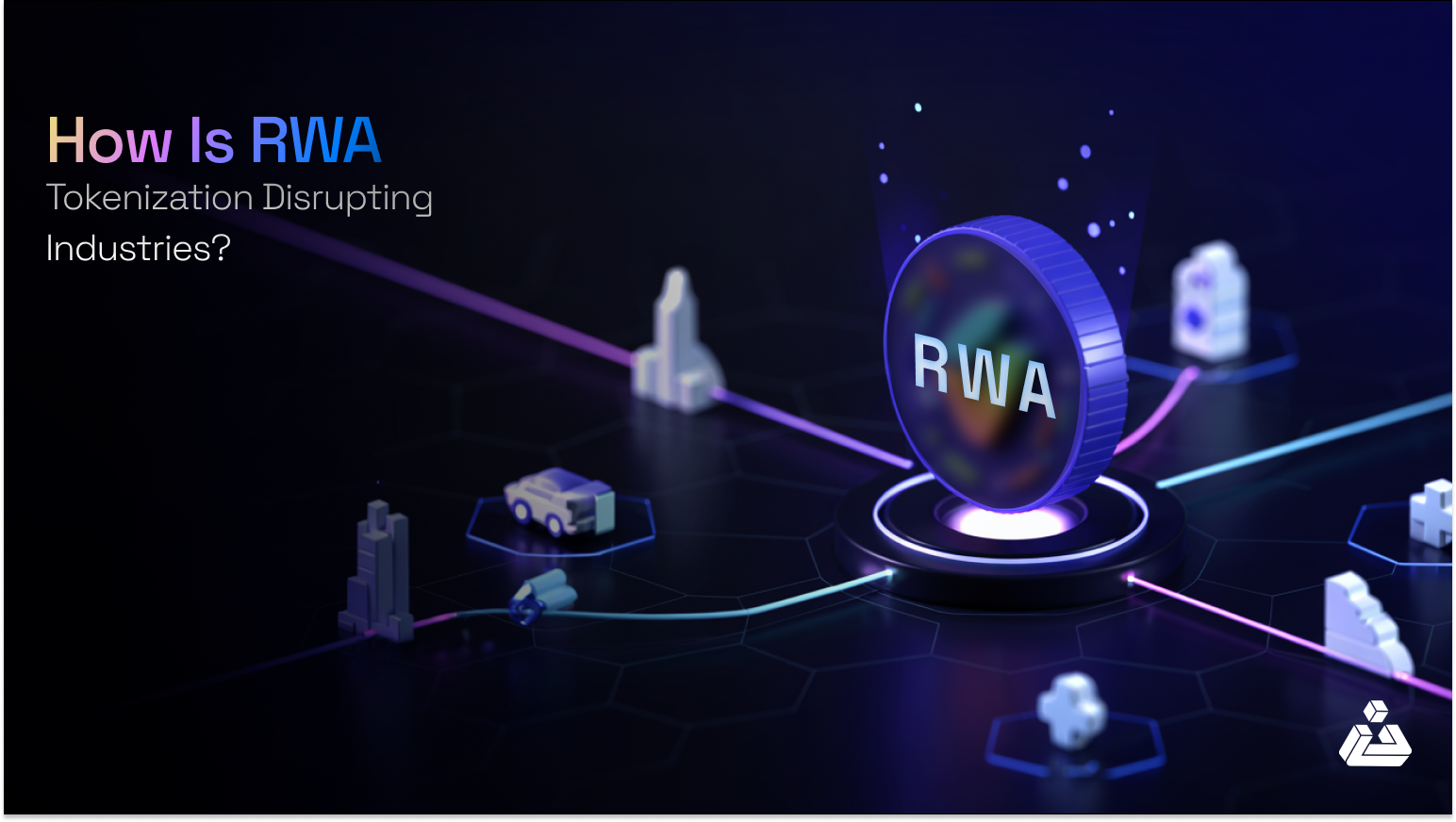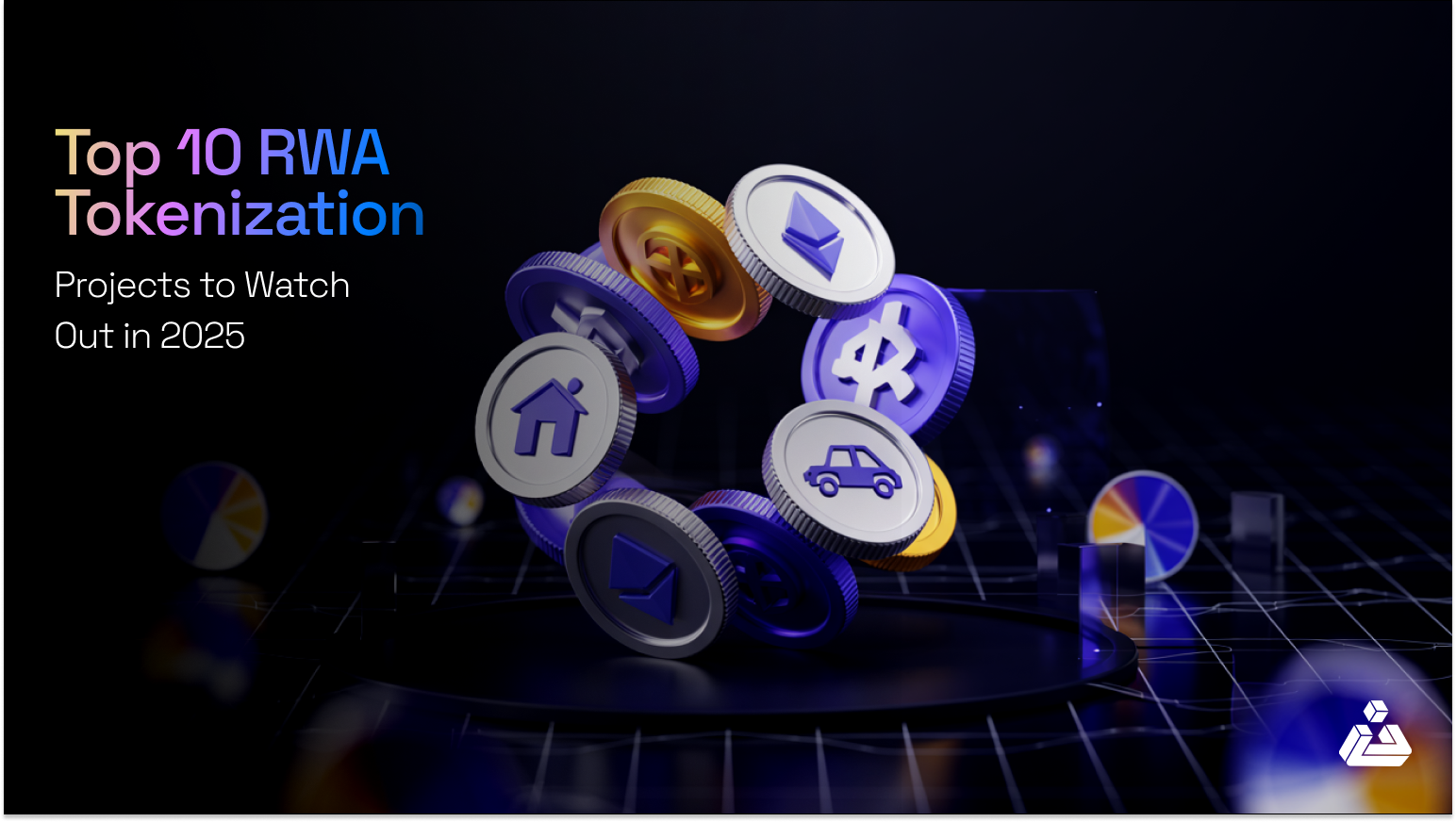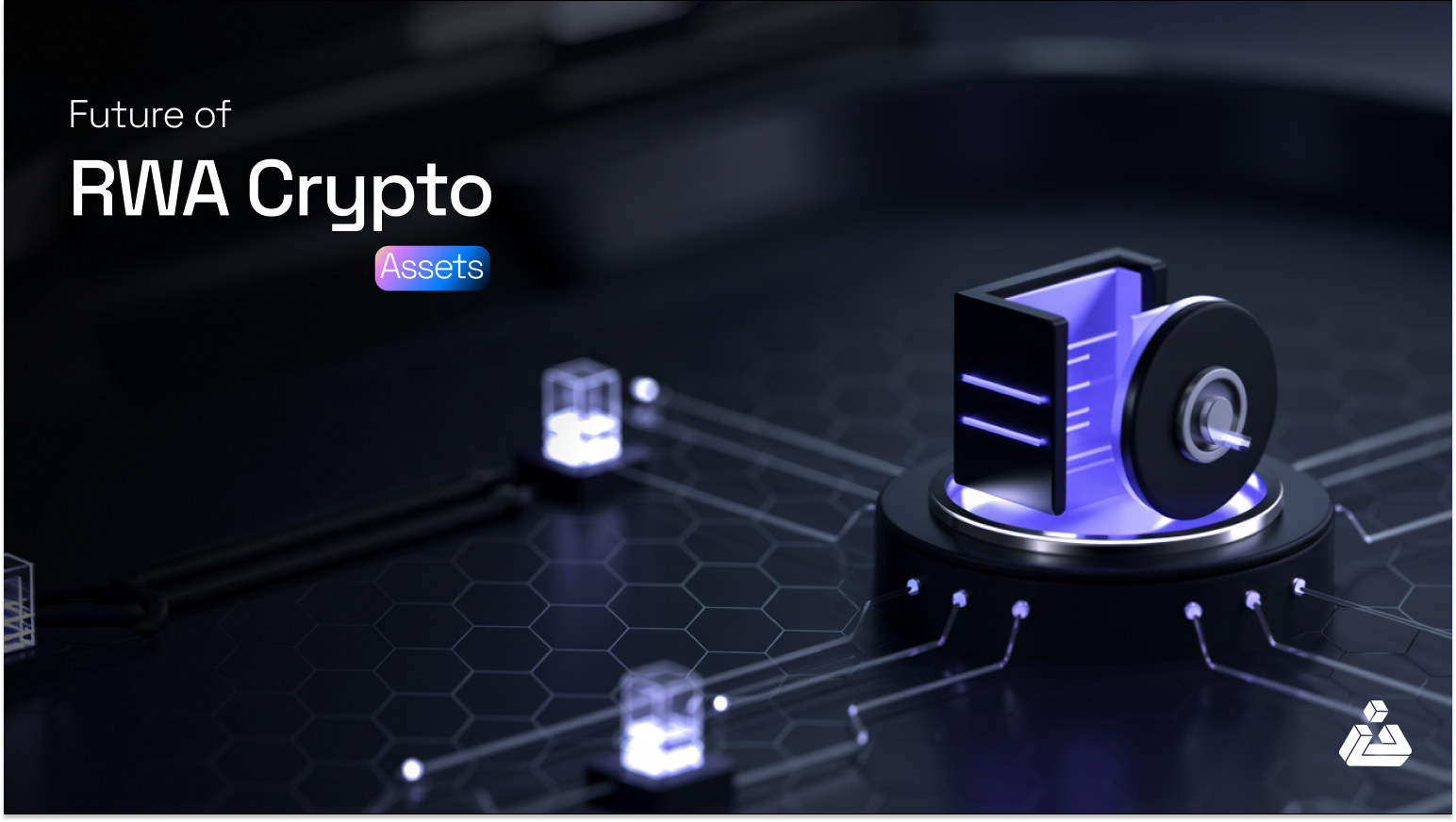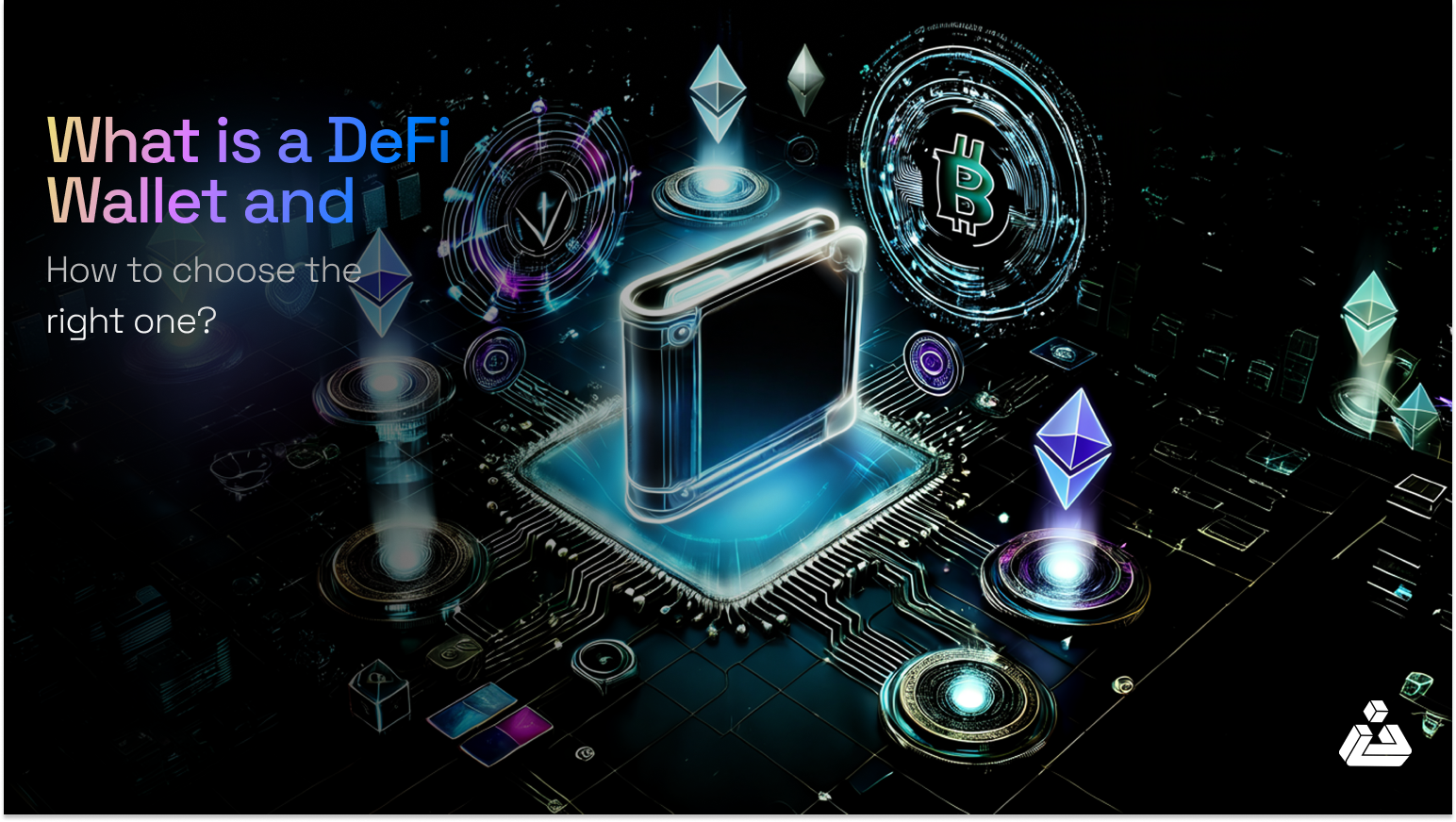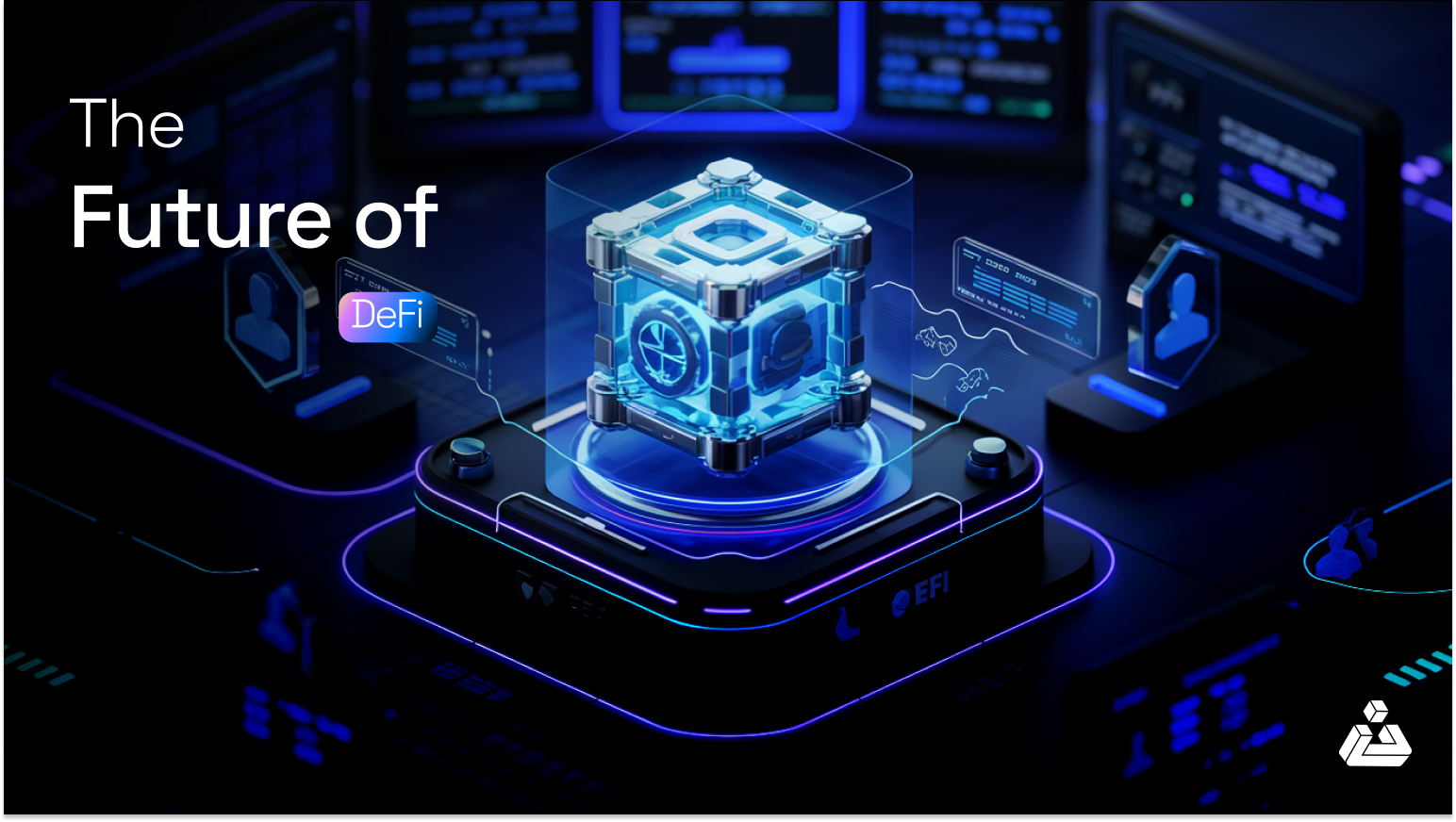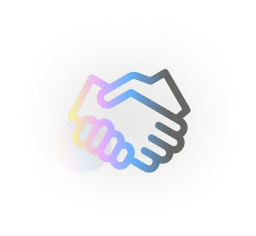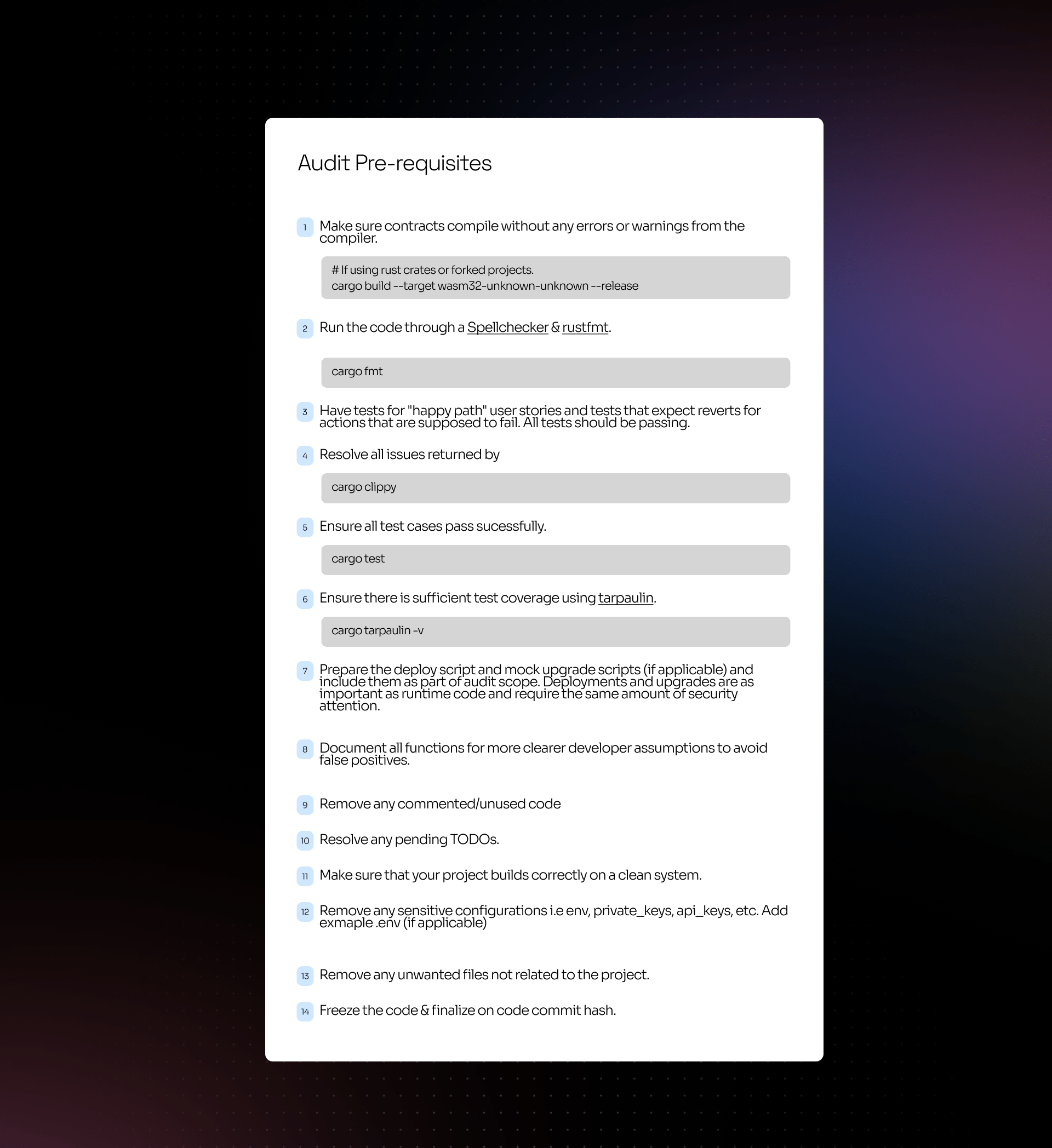Tokenization is like turning a building or a painting into a collection of digital pieces that people can buy and sell online. Blockchain is the technology that keeps track of who owns these pieces securely and transparently. Imagine stepping into a world where you can own a slice of the Eiffel Tower, a brushstroke of a Van Gogh, or the roar of a vintage Ferrari — all from your smartphone. This isn’t fantasy; it’s the future made possible by tokenization and blockchain technology. Through blockchain technology, assets that were once exclusive and illiquid can be divided into tokens, making them accessible to a broader range of investors and allowing for seamless, transparent transactions.
However, the bridge that connects these tokenized assets to the digital ledger, ensuring that their value reflects real-time changes in the physical world, is a critical piece of the puzzle often overlooked: an oracle. Oracles serve as the eyes and ears of the blockchain, gathering external data from various sources to inform and execute smart contracts accurately. Without reliable oracles, the dream of a fully integrated, tokenized world remains out of reach, hindered by concerns over data integrity, security, and timeliness.
Blockchains, on their own, cannot connect to the real world.
What are Oracles?
If blockchain is the internet’s secure vault, think of oracles as the vault’s scouts, venturing into the ‘wild’ to bring back the treasure of real-world data. They ensure that our digital treasures reflect the ever-changing landscape of our physical world. Oracles act as bridges between blockchains, which are inherently isolated environments, and the external world. They fetch and deliver real-world data, such as stock prices, weather conditions, or property values, onto the blockchain. This external data is crucial for smart contracts, the self-executing programs that govern tokenized assets, to function properly.
Oracles are a Pain Point, but why?
Several factors contribute to oracles being the single biggest pain point of RWA tokenization:
- Data Integrity: At the heart of the oracle problem is the issue of data integrity. Oracles rely on external data sources to inform smart contracts about the state of the real world. This data can range from financial market prices to the outcome of events, and its accuracy is paramount. However, these data sources can be manipulated or simply unreliable, posing a significant risk.
Imagine a smart contract executes a large financial transaction based on incorrect data—it’s a recipe for disaster. Ensuring that the data feeding into smart contracts is both accurate and tamper-proof is a constant battle.
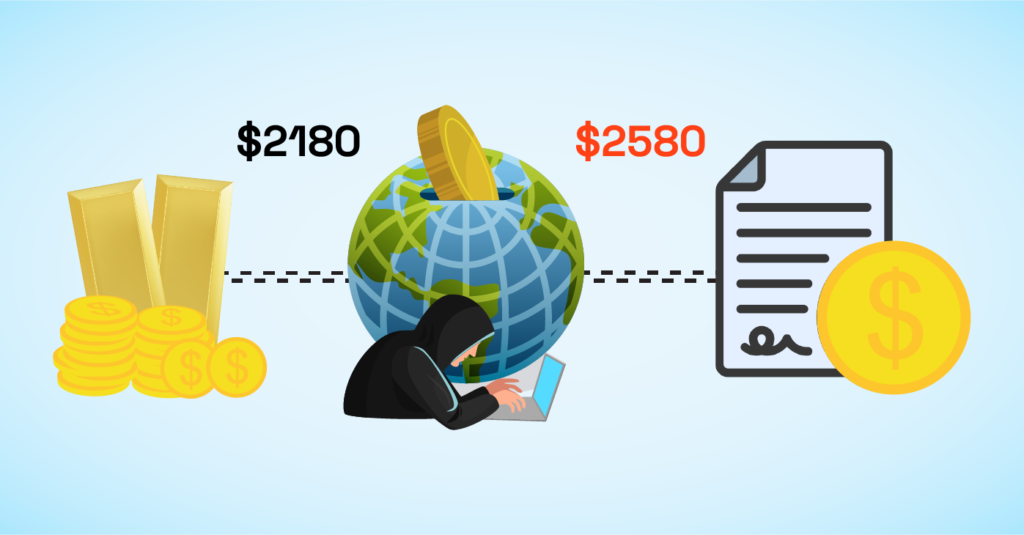
- Centralization Risk: Another critical concern is the risk of centralization. If a single oracle or a small group of oracles control the data feed, it introduces a centralized point of failure. This goes against the very principle of blockchain technology, which is designed to be decentralized and resistant to control or manipulation by any single entity. The centralization of oracles not only poses a security risk but also a trust issue, as users must trust these few entities to provide unbiased and accurate data. Developing decentralized oracle networks is a step in the right direction, but these solutions are still grappling with challenges related to scalability, security, and consensus mechanisms.
- Latency Issues: For certain blockchain applications, such as high-frequency trading or the management of perishable goods, the timeliness of data is crucial. Real-time or near-real-time data is essential for these applications to function effectively. However, oracles often face latency issues, where there is a delay in data collection, verification, and delivery. These delays can lead to inefficiencies, missed opportunities, and in some cases, significant financial losses. Addressing latency issues while maintaining data integrity and security is a complex challenge that requires innovative solutions.
Consequences of Faulty Oracles:
When oracles falter, the repercussions ripple through the ecosystem, undermining the very foundations of trust and efficiency that blockchain technology promises. Let’s dissect the consequences of these digital missteps in a manner that illuminates their profound impact.
- The Domino Effect on Smart Contracts: Imagine a smart contract as a complex domino setup, where each piece is meticulously placed, awaiting the precise trigger to set off a chain reaction. A faulty oracle acts as an ill-timed nudge that sends the dominos tumbling in unintended directions. The result? Transactions execute based on false premises, leading to financial losses and, more critically, eroding the trust in the system. This scenario isn’t just a minor hiccup; it’s a breach in the digital contract between technology and its users, casting a long shadow over the reliability of tokenized assets.
- A Playground for Market Manipulators: In the high-stakes arena of financial markets, data is the lifeblood that fuels decisions. When oracles, the guardians of this data, are compromised, it opens a Pandora’s box of manipulation. Malicious actors can pull the strings, skewing data feeds to their advantage. This manipulation distorts market dynamics, allowing these actors to profit at the expense of the entire ecosystem. The integrity of the market is compromised, turning what should be a level playing field into a skewed game where trust is the ultimate casualty.
- The Shadow of Uncertainty on Adoption: At its core, the blockchain revolution is about fostering an environment where transactions and agreements can occur without the need for trust in a traditional sense. Oracles are pivotal in this mission, serving as the bridge for the real-world data that feeds these digital agreements. However, the specter of unreliability that looms over faulty oracles casts a long shadow, deterring potential adopters. The promise of decentralization and transparency is ruined by the uncertainty of data integrity, affecting the widespread adoption of RWA tokenization.
Example:
Imagine a DeFi platform that allows users to create and trade synthetic assets. These are assets that represent real-world assets (like gold, stocks, or currencies) on the blockchain. The value of these synthetic assets is pegged to the real-world assets they represent, and this pegging relies on oracles to provide accurate, real-time price information.
The Domino Setup:
- Smart contracts on this platform manage the creation, trading, and settlement of synthetic assets, relying heavily on price oracles for accurate data.
- Sending incorrect price information to the smart contract. For instance, if the oracle reports that the price of gold has plummeted when it hasn’t, this false data acts as the nudge.
The Tumbling Dominos:
- Traders on the platform, relying on the smart contract data, start selling their synthetic gold assets en masse, believing that the price of gold is crashing.
- This causes the synthetic asset’s price to crash on the platform, even though the real-world price of gold remains stable.
- Automated trading bots, programmed to react to price changes, amplify the effect by executing large trades based on the faulty data.
The Result:
- Significant financial losses for traders who sold their assets at artificially low prices.
- A loss of trust in the platform’s ability to provide accurate data, leading to a withdrawal of users and liquidity.
- Potential long-term damage to the reputation of the platform and the broader use of oracles in DeFi
Leading Players in the Oracle sector:
As the demand for decentralized applications (dApps) grows, the need for reliable, secure, and versatile oracle solutions has never been more critical. Here are some of the leading projects and companies that are at the forefront of addressing the oracle problem, each bringing unique solutions to enhance the functionality and reliability of smart contracts across various blockchain platforms.
Chainlink: Chainlink is a decentralized oracle network designed to connect smart contracts with data from the real world. It is a leading project in the oracle space, providing secure and reliable data feeds for a wide array of blockchain environments. Chainlink has expanded its support to numerous blockchain platforms, including Ethereum, Binance Smart Chain, Polygon, and many others, making it one of the most interoperable oracle services available.
Band Protocol: Band Protocol offers a decentralized oracle solution that enables smart contracts to access external data securely. By focusing on data integrity and scalability, Band Protocol supports a broad spectrum of blockchain applications. Band Protocol has integrated with multiple blockchains, such as Ethereum, Binance Smart Chain, Cosmos, and others, to provide widespread access to its oracle services.
Pyth Network: Pyth Network is designed to provide high-fidelity financial market data to smart contracts and decentralized applications. By aggregating data from leading trading firms and exchanges, Pyth ensures the delivery of accurate and real-time market information. Number of Chains Supported: Pyth Network has been actively expanding its reach, supporting multiple chains including Solana, Ethereum, and Binance Smart Chain, among others.
API3: API3 aims to directly connect smart contracts with real-world data by providing decentralized APIs. This project is focused on eliminating middlemen to offer more efficient and direct data delivery to smart contracts. API3 has been working on increasing its interoperability across the blockchain space, including integrations with Ethereum and other chains, though the exact number of supported chains may vary as the project develops.
Tellor: Tellor is a decentralized oracle network that supplies secure and trustless off-chain data to on-chain smart contracts. It incentivizes data providers (or miners) to submit accurate data, ensuring the reliability of the information fed into smart contracts. Tellor focuses on Ethereum but has been making strides toward being available on additional blockchains to widen its usability.
The Road Ahead:
The journey toward seamless integration of real-world data into the blockchain ecosystem is filled with challenges, yet it also comes with opportunities. The development of more robust and reliable oracle solutions is underway; such as;
- Decentralized Oracle Networks (DONs): These networks distribute the tasks of data fetching and verification across multiple nodes. This paradigm shifts away from centralized entities, minimizing single points of failure and diluting the risk of manipulation.
- Reputation Systems: Implementing reputation systems within oracle networks adds another layer of reliability. These systems work by tracking the performance and accuracy of data providers over time, rewarding those who consistently deliver accurate information and penalizing those who don’t. Such mechanisms incentivize good behavior and deter manipulation, leading to a more trustworthy data environment for smart contracts to operate within.
Oracles are the bridge connecting the promise of RWA tokenization with real-world applications. Addressing the challenges associated with oracle design and implementation is crucial for unlocking the full potential of this transformative technology. As oracle solutions evolve and become more reliable, we can expect to see a significant acceleration in the adoption of RWA tokenization across various industries.
In addressing the intricacies of RWA tokenization, BlockApex emerged as a pivotal force, steering innovation in the space. With a focus on blockchain security and consultation, BlockApex is dedicated to enhancing the web3 experience leveraging the most trusted and relevant Oracle provider for your product needs.


